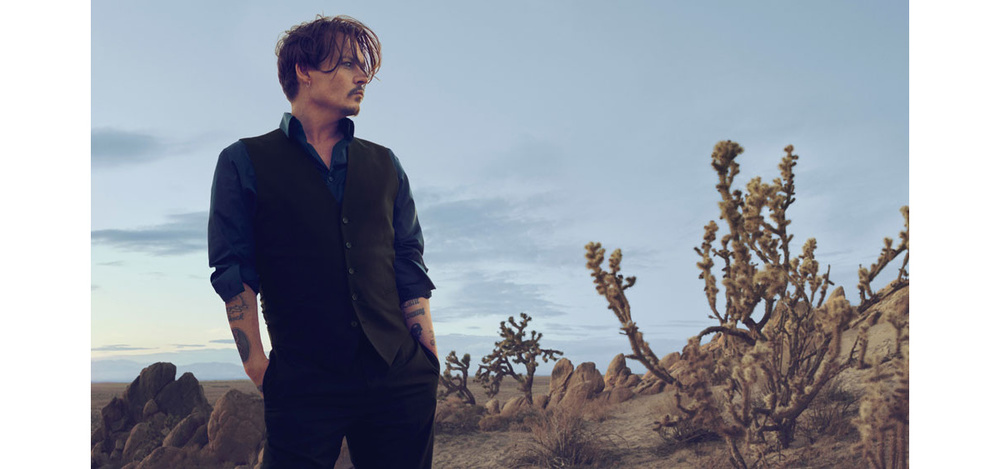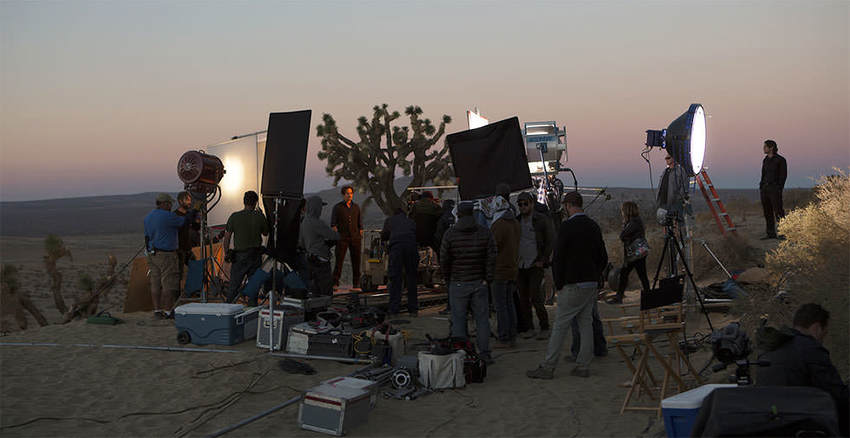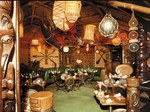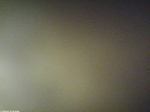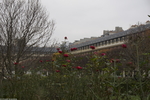Dior Sauvage Eau de Toilette - How an Epitome of Civilization, Perfume, Plays with the Idea of Wildness (2015) {Perfume Review & Musings}
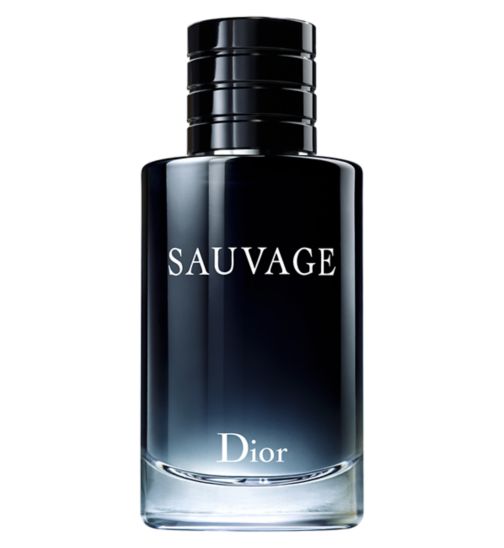
Sauvage edt by Dior opens on a prolonged and intense impression of white-hot freshness in the sense that light refracted on the white sands of the desert creates a representation of near intolerable heat. That visual was consciously chosen by the house and translated into perfume. But the opening is actually cool, even refrigerated, and lastingly so seguing after a little while into a more characteristic citrusy accord, resting on the advertized Reggio bergamot...
Little by little, the scent progresses towards more creaminess thanks to a discreet background of vanilla. It feels quite lemoney at this point. The Ambroxan warms up the composition from beneath yet the cool, zesty top never seems to relent its hold on the fragrance.
The very first time we discovered the new perfume meant for men by Dior, it made us think of it as an effort to make more mainstream a perfume personality which had been recognized as interesting when it was born in a relatively more confidential arena of the market, the house of Serge Lutens. To some extent, this idea of a persistently cold, almost clinical freshness was recently studied by Lutens for his L'Eau, L'Eau Froide and Laine de Verre series on cold, indifferent smells. Yes, you could argue that before Lutens decided to meddle with aseptic cleanliness and freshness proclaming to reject the overly perfumed society he had participated in making, there was the 18th century invention of the Eau de Cologne. That "blanched" effect you find in some particularly dry specimens of the genre is typical. Take a sniff of 4711 and you will find it there.
But Lutens added a purposeful and meaningful quality to a well-known olfactory nuance. He was intent after all on purging our society of its fragrant molecules and prejudices. This is also what François Demachy has done - he is the only nose credited with the composing of Sauvage but really works with a studio or lab of perfumers. He has applied himself, let's say, to create a coolness which is both edgy and even more than mainstream, almost industrial, bringing that sensation to the level of something quirky like the scent of scotch tape. Sauvage, in a way, hovers somewhere in the ether after Cool Water by Davidoff and L'Eau Froide by Serge Lutens were created, the latter meaning literally "Cold Water" in French.
On the drying down way out of the perfume, the warmer ambergris is less present than expected. Here is not a classic, immediate contrast of fresh top notes on a warm base, you have to reckon. It's more about the relentless scent of modernity. Sauvage is a pretty ugly fragrance in many ways, smelling a bit industrial, a bit detergent-like, a bit overdosed with a 7/7 perfusion of bergamot and lemon. The more animalic side of the eau de toilette feels a bit furry but not very warm, just enough to suggest a right perfume for men's chest hair.
"Sauvage" means "wild" in French. There is a certain brusquerie to the perfume but more because it seems to be of one-piece than because it smells like before the dawn of civilization. A hesperidic scent will hardly give you the impression, if you stop and think, that it could have been worn by early hominids since agrumes came particularly late to be cultivated and widespread in the consumption of humans.
The wildness of the desert
What Dior wanted to do was address the idea of wildness as associated with that of the Wild West and its great expanses. It's about cinematic wilness. The ad campaign and the story behind the jus are inspired by the structure of a road movie. It's a very American story line, if you ask us, and the presence of Johnny Depp can only reinforce the myth. Taking your car to escape from the everyday constraints and habits of the city is the kind of exercise that is thriving in America's car culture.
So, to go back to the main idea for the perfume, yes, the composition does convey an uncompromising spirit. But at the same time, its plot is not super complex since it wishes to illustrate a simple idea. Underlying complexities only serve to expound on the main theme of a blast of freshness, which lasts as long as it can. In the end, tonka bean with its softness and suave quality leaves a more civilized impression, the final one, which is quite gentlemanly, even though you can't deny there's a powered clean, musky effect at work.







